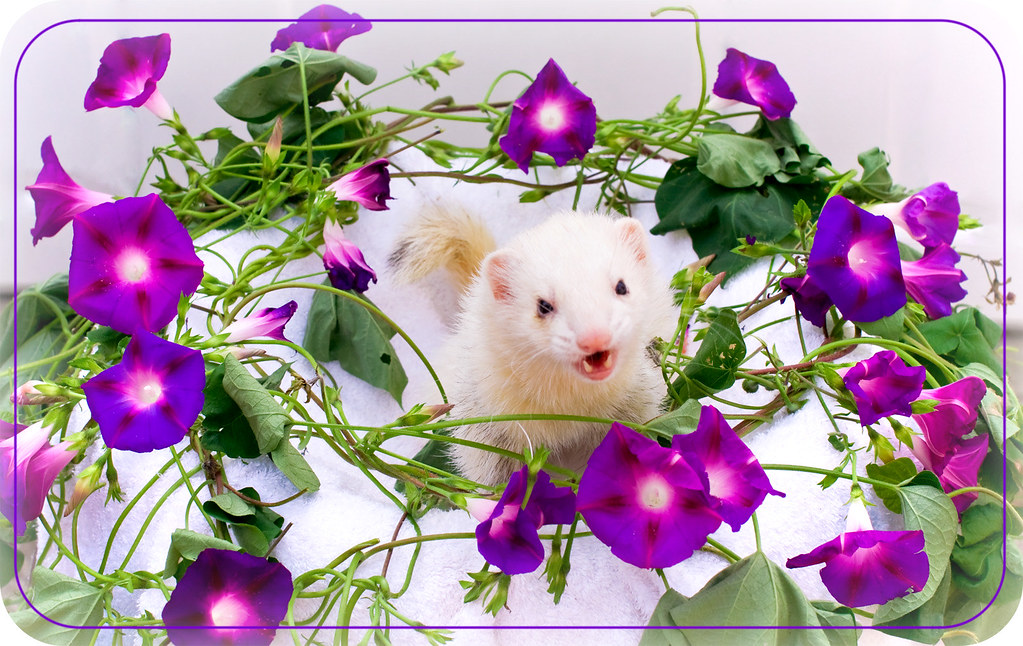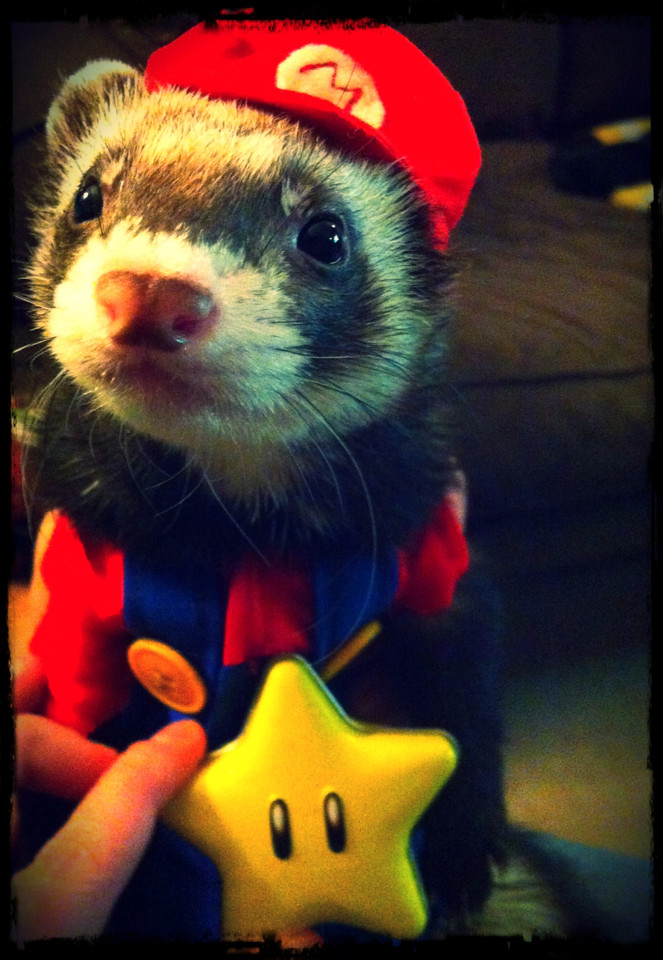In the realm of exotic pets, ferrets stand out as lively and playful companions. Yet, many prospective ferret owners find themselves pondering a common question: Do ferrets bite? This article delves into the intriguing world of ferret behavior, exploring the reasons behind their biting tendencies and offering insights on how to manage and prevent it.
Picture this: You’re cuddled up on the couch with your furry friend, and suddenly, a nip interrupts the serenity. Ferrets, like any other creatures, have their quirks, and understanding these quirks is crucial for fostering a harmonious bond. Let’s embark on a journey to unravel the mysteries behind the biting habits of our playful ferret companions.
Ferret Instincts: Unveiling the Biting Behavior

Ferrets, with their mischievous eyes and boundless energy, are natural explorers. Biting, for them, is a way of interacting with the world around them. Much like a toddler putting everything in their mouth, ferrets use their sharp teeth to explore their environment. Understanding this innate curiosity is the first step in comprehending why ferrets may nibble on fingers or toes.
The Teething Phase: A Painful Rite of Passage
Just like human babies, ferrets go through a teething phase. During this period, biting provides relief to their sore gums. As a responsible ferret owner, recognizing and accommodating this phase is crucial for both the pet’s comfort and your hands’ well-being.
Taming the Nibbles: Tips for a Bite-Free Bond
Establishing Boundaries through Training
Training your ferret not to bite involves a combination of patience and consistency. Employ positive reinforcement techniques, rewarding good behavior with treats and affection. Over time, your ferret will associate gentle behavior with positive outcomes, reducing the likelihood of painful nips.
Providing Ample Playtime and Stimulating Toys
A bored ferret is more likely to resort to biting as a form of entertainment. Ensure your ferret has ample playtime and a variety of stimulating toys to keep them engaged. This not only curbs biting tendencies but also contributes to a healthier, happier pet.
Recognizing Warning Signs of Aggression
While most ferret bites are born out of curiosity or playfulness, it’s essential to recognize signs of aggression. Puffed-up fur, hissing, or a defensive posture can indicate discomfort or fear. Understanding these signals allows you to address the underlying issues and nurture a trusting relationship.
Beyond Biting: Decoding Ferret Communication
Ferrets communicate in a language of their own, and biting is just one aspect of their expressive behavior. By interpreting their signals and responding appropriately, you can foster a deep connection with your ferret.
Conclusion
In the grand tapestry of ferret companionship, biting is but a thread—a natural behavior that can be understood, managed, and even prevented. By delving into the reasons behind ferret biting and employing effective training techniques, you pave the way for a joyful and harmonious relationship with your pint-sized friend.
FAQs About Ferret Biting
1. Why do ferrets bite during play?
Ferrets bite during play as a form of interaction and exploration. It’s crucial to distinguish between playful nibbles and aggressive behavior to foster a positive bond.
2. How can I train my ferret not to bite?
Training involves positive reinforcement, rewarding good behavior with treats and affection. Consistency is key, and patience will go a long way in curbing biting tendencies.
3. Do ferrets bite more during the teething phase?
Yes, ferrets bite more during the teething phase as it provides relief to their sore gums. Providing appropriate teething toys can help alleviate discomfort.
4. What toys are best to prevent ferret biting?
Stimulating toys, such as interactive puzzle feeders and tunnels, can keep ferrets engaged and reduce boredom-related biting. Rotation of toys keeps them novel and exciting.
5. Are there signs of aggression I should be aware of?
Yes, signs of aggression in ferrets include puffed-up fur, hissing, and defensive postures. Recognizing these signs allows you to address underlying issues and build a trusting relationship.

